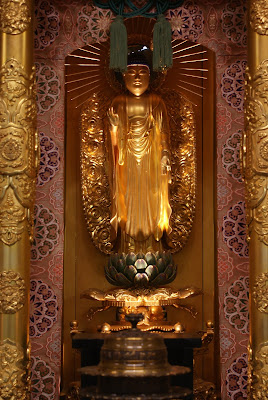Masking—Not the Covid Kind
The
first thing that comes to mind for the month of October is Halloween, along
with costumes, candy, and masks. It’s fun to walk along the store aisles
stocked with Halloween costumes and candy and think about how you’d like to
disguise yourself. However, my attention is always on the candy since I’m not
much for getting into costume.
I say that I don’t like to dress up in costume, but I can say that I have a number of masks that I wear. I’m sure that all of us have occasion to wear a mask or two. The masks I’m talking about are ones that we use in our everyday lives to present various faces to those around us.
Before retirement, I had a teacher mask. That’s the one that my students saw in the classroom. It was important to remove that mask when I returned home so I wasn’t being a teacher with my spouse. I guess my teacher mask does come in handy during a golf round, though. I talk to my golf ball, saying, “Go, go, go!” or “Sit, sit!” If the ball behaves, then my golf buddies say that I must have used my teacher voice.Unfortunately,
when we wear so many masks, we run into trouble figuring out who we really are.
We might forget and use the wrong mask and end up confusing our family and
friends and even ourselves.
For us, as Jodo Shinshu Buddhists, we are lucky that Amida Buddha knows our true selves and accepts us just as we are. Even though we are foolish beings/bonbu, we are surrounded by Infinite Wisdom and Compassion. Despite our human life of suffering/samsara, we can drop these masks and discover our true selves.
While it might be fun to try different masks for Halloween, let’s work on becoming aware of who we really are and letting that true self shine forth. It will be difficult to accept ourselves as completely as Amida Buddha does, but we can start by making an effort to accept others as they are. Rather than judging others for their outward behavior, we can ask ourselves if we act in the same way. (We usually do.) Instead of using a flashlight to point out how others behave, we should use a mirror to see our own actions. If we are able to do this, we can begin to act with some kindness and compassion. We may come to understand that others’ foolishness is our own, leading to a feeling of humility and gratitude. We are accepted just as we are with all our blemishes and shortcomings.
Namo Amida Butsu
南無阿弥陀仏
Rev. Kathy Chatterton









Comments
Post a Comment